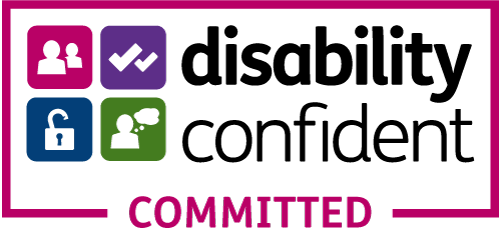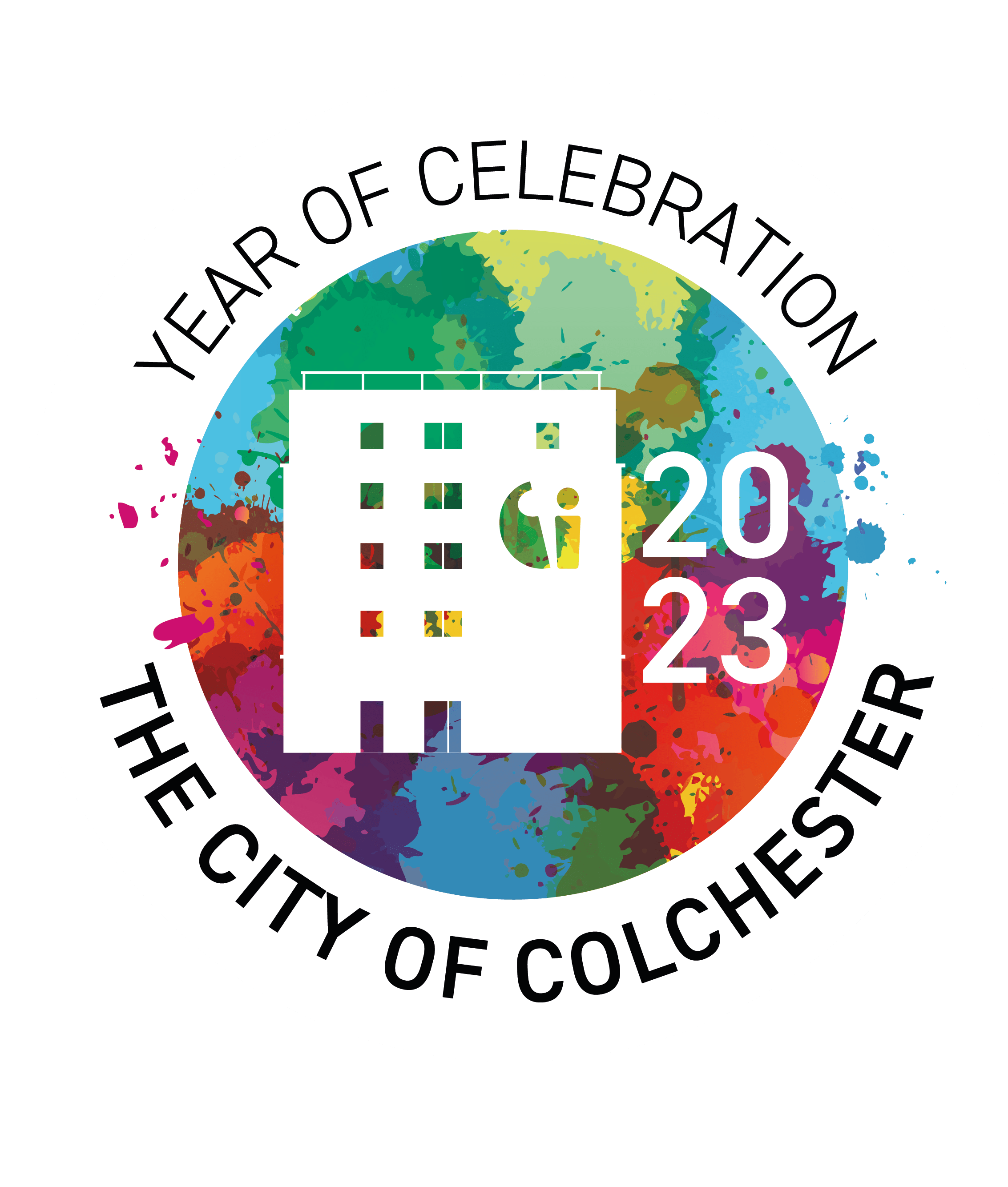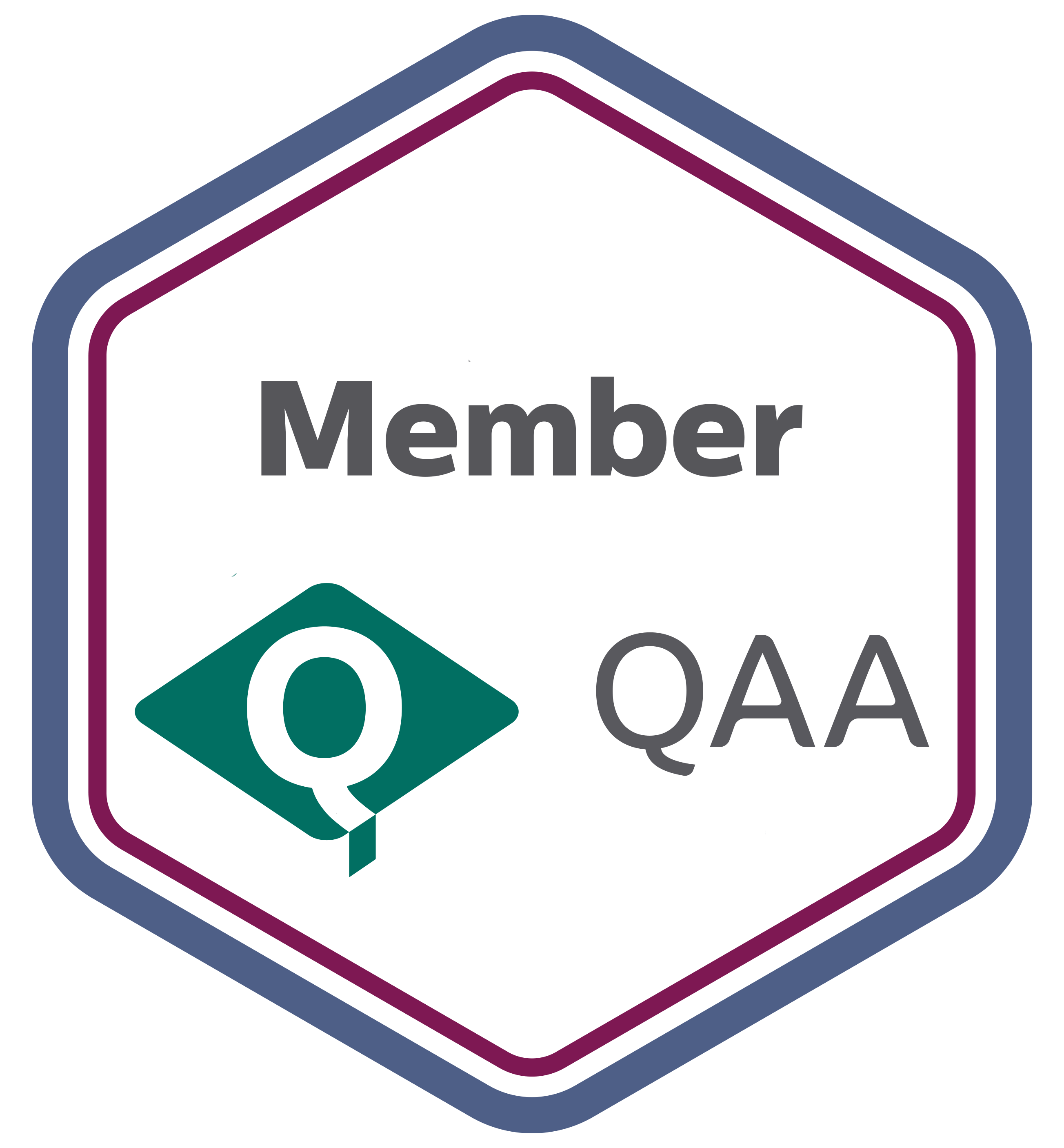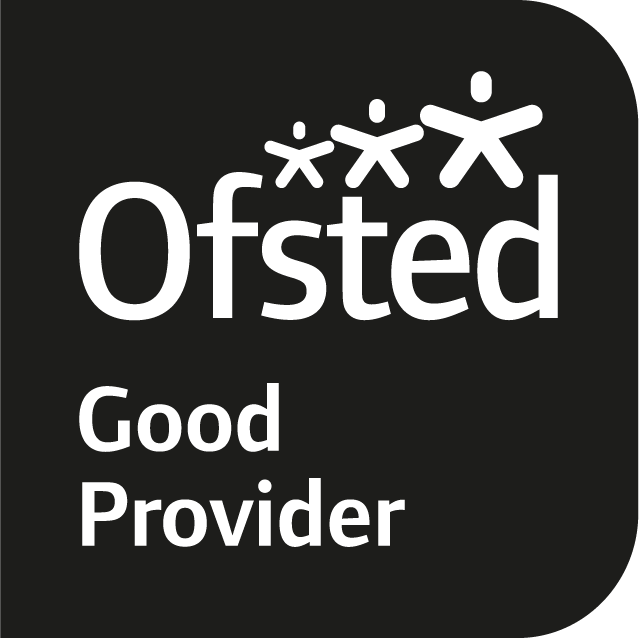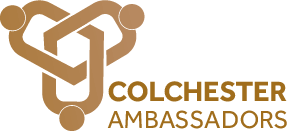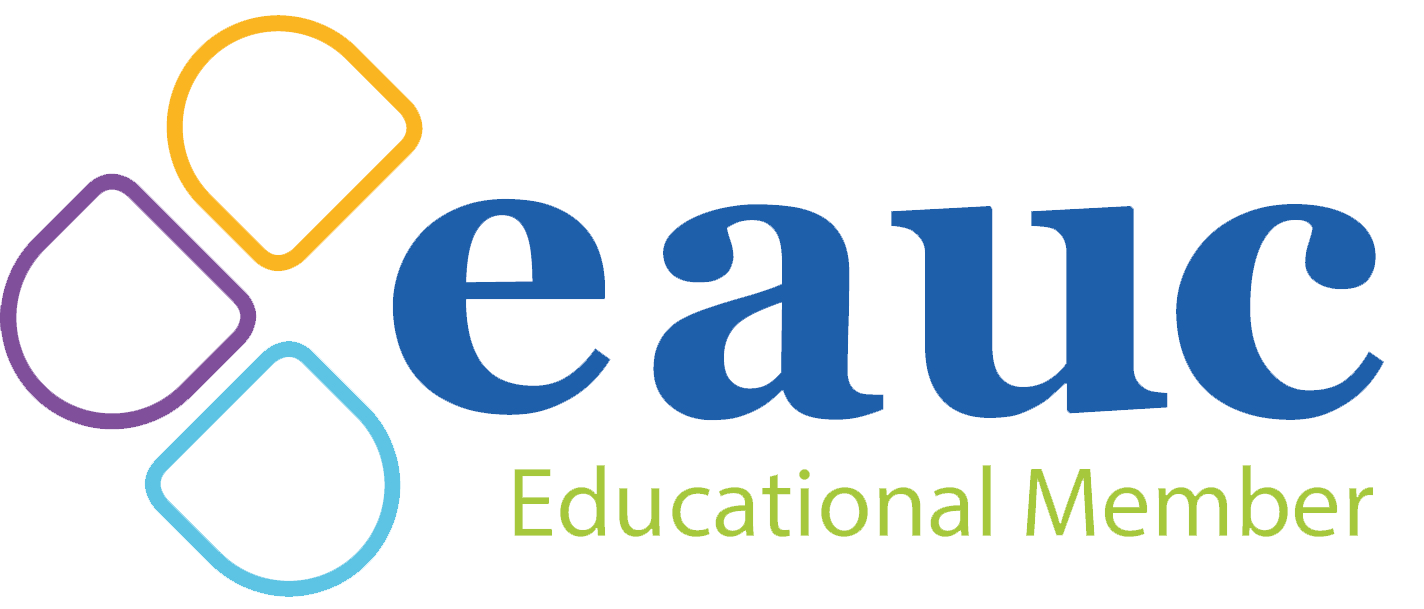Laboratory Sciences Level 3 – T Level
The Laboratory Sciences Level 3 – T Level course is suitable for anyone who wishes to work within a laboratory environment. This T level is a two-year, technical study programme, designed by employers to give you the skills that you need.
Laboratory technicians support scientists and help carry out tests, research and investigations. You would work in areas such as forensic sciences, scientific analysis, the health service, and in education. If you are interested in practical, applied science, testing and analysing things, this job could be perfect for you.
| Level | Level 3 |
|---|---|
| Location | Colchester |
| Duration | Two Years |
| Study Mode | Full-Time |
| Campus / Adult Skills Centre | Colchester Campus |
| Start Date | September 2026 |
| Fee(s) | 16-18 year old study programme only: Free |
| Awarding/Validation Body | Pearson |
Who is it suitable for?
This qualification is for you if you are a 16-18-year-old learner, who wishes to work within the science industry. It has been designed to deliver a high level of knowledge about the industry as well as the occupational skills required to enter the industry
This Technical qualification will support students on a range of progression routes including employment, higher education and higher apprenticeships.
The course includes 315 hours minimum working with an employer in an industry placement and will include enrichment activities such as trips and guest speakers.
About this qualification
The technical qualification (TQ) forms part of the new T Level study programme.
The purpose of the Level 3 technical qualification is to ensure students have the knowledge and the practical abilities needed to progress either into skilled employment, or higher education or via a higher-level apprenticeship. The T Level is a full-time course.
All students enrolled on the T Level in Laboratory Science will gain a comprehensive understanding of the scientific principles and practices that underpin work in laboratory environments. The course covers key areas such as cell biology, microbiology, chemical analysis, and laboratory techniques.
Students will learn how to follow rigorous health and safety protocols, manage laboratory equipment, and accurately record and interpret scientific data. Ethical considerations, professional conduct, and the importance of quality assurance in scientific work are also central to the curriculum. In addition, students will develop transferable skills such as problem-solving, critical thinking, and effective communication, which are essential for success in both higher education and the workplace.
Through a combination of classroom learning and industry placement, students will be equipped with the knowledge and practical experience needed to thrive in the science sector.
How is this qualification structured?
The technical qualification is split into 2 component parts:
Core component: the knowledge and underpinning concepts, theories and principles as well as core skills for the sector and the Occupational specialism.
This covers the key knowledge, concepts, theories and principles that underpin laboratory science. It also develops the core skills needed across the science sector. Learners study areas such as:
- Core scientific concepts, theories and principles (biology, chemistry, physics and their applications in laboratory science)
- Health and safety in the science sector (COSHH, risk assessments, safe handling of chemicals and biological materials)
- Good laboratory and clinical practice (standard operating procedures, accuracy, reliability, ethical practice)
- Data collection, analysis and interpretation (use of ICT, statistics, graphing, reporting and drawing valid conclusions)
- Professional communication and teamwork in science (writing scientific reports, presenting findings, working in multidisciplinary teams)
- Employer-set project (tackling a real-life science industry challenge that integrates knowledge, problem-solving and teamwork)
Assessments of the core component includes externally set exams and an employer-set project, designed to test knowledge and practical application in real-world contexts. Other assessments are internally set.
The occupational specialism section provides students with knowledge and skills required to enter employment or further study in the specific occupational area.
This focuses on the practical knowledge and technical skills required to work in laboratory-based roles. Learners specialise in carrying out laboratory techniques, preparing and analysing samples, following quality standards, and using laboratory equipment and technology. Topic areas include:
- Applying laboratory techniques and using scientific equipment (pipetting, titrations, spectroscopy, microscopy, chromatography, PCR)
- Preparing, testing and analysing samples (biological, chemical and environmental samples, including preparation and calibration)
- Recording and presenting experimental results (maintaining accurate lab notebooks, electronic records, presenting data in reports and presentations)
- Following quality assurance and regulatory standards (UKAS standards, GLP, ISO requirements, traceability of results)
- Demonstrating safe, accurate and professional lab practice (adhering to protocols, preventing contamination, maintaining equipment)
- Completing practical assessments set to industry standards (problem-based tasks that replicate the work of laboratory technicians and scientists)
Experience in the workplace
Industry placements are intended to provide students with the opportunity to develop the knowledge, skills and behaviours required for skilled employment in their chosen occupation which are less easily attainable by doing a qualification alone.
Working in partnership with employers, including hospitals and care organisations, our fantastic new Centre for Health and Social Care Professions is providing a range of training and qualifications to meet the demand for new recruits within the health and care sectors.
Courses are designed to address local skills shortages and are delivered by highly-qualified tutors with a diverse range of professional healthcare experiences.
Located on the fourth floor of our South Wing building, the Centre for Health and Social Care Professions encompasses 2,000 square metres of innovative teaching facilities.
The centre incorporates interactive learning technology to provide skills laboratories in realistic working environments, and well-equipped classrooms to ensure students are prepared for higher education (university) or employment.
Learning resources in the centre include:
- Dedicated skills rooms for role-play and recorded assessments, a dental surgery and decontamination room
- An interactive facility where bespoke environments can be created to develop interpersonal and problem-solving skills around a realistic backdrop
- Rooms for collaborative learning, as well as meeting and conference rooms to support apprenticeship assessments
In 2021 the East Suffolk and North Essex NHS Foundation Trust (ESNEFT) partnered with our own Centre for Health and Social Care Professions here at Colchester Institute, with a whole new floor dedicated to provide exclusive training to our learners, so they can be career ready at the end of their time with us. ESNEFT is one of the biggest NHS Trusts in East Anglia and provides hospital and community services throughout Suffolk and North Essex.


Work in Health and Social Care
Nurturing a future-ready workforce with skills development alongside qualifications
In the field of health and social care, skills development and qualifications are crucial for professionals to deliver high-quality care and support to individuals in need, this is why all of our students complete mandatory placements
as part of their study and follow our newly developed P3 programme.
The P3 Programme
Focusing on Preparation, Placement and Progression (P³), all students will develop the skills and professional behaviours expected to be seen in the workplace which will be delivered through a variety of workshops and online learning. This will offer students an assessed competency prior to embarking on a placement through a variety of workshops, online learning and the Care Certificate.
All Health and Social Care students must complete this mandatory training prior to starting on their placements which includes:
- Clinical and health skills development
- Up to 72 hours of additional teaching with clinical experts throughout the year
- Roleplays and reflective exercises
- Communication and study skills
Further progression activities support learners throughout the academic year ready for their next steps, such as:
- UCAS support
- Interview and employment-ready workshops
- Academic literacy development
- Resilience and wellbeing activities
Those studying under the Centre are referred to as ‘Professionals in Training’ and will follow the NHS 6Cs philosophy; care, courage, commitment, compassion, competence and communication. These behaviours are monitored and rewarded throughout the course.
Students will be expected to work in a variety of settings to develop different skills, and the College has placements in over 150 workplaces.
ESNEFT Career Start Programme
The aim of our Career Start Programme is to develop the key employability skills and qualities in our students, so that we can prepare them for a career within the sector by the time they leave us to progress on their career path.
Those who are successful in accessing the programme will have demonstrated a positive attitude to the NHS 6Cs approach and towards their own development. They will be offered a training package and a guaranteed interview for a ‘real’ job in the NHS.
These students will be given:
- An allocated supervisor
- Compulsory NHS induction training
- An NHS mentor to support them throughout the programme
- Online training modules
- Interactive training sessions
By completing the mandatory skills training, our students will be able to access more substantial student placements which are more practical in nature and will be guaranteed a job interview on successful completion of the Career Start Programme.
Who is eligible to benefit from this opportunity?
This programme will be open to existing students on Health and Social Care programmes, Science and our Access to Higher Education Diploma in Health Professions.
Students must be, at least, 18 and a half by the time they finish this programme and ready to start work, which could be full-time, part-time or even fitted around a higher education course of study.
Why should you apply for this programme?
- You’ll have access to NHS apprenticeships
- You’ll gain hands-on experience in Health and Social Care settings
- You’re guaranteed an interview for applicable roles within ESNEFT
- You’ll develop your care values early on, according to the NHS 6Cs approach – these are essential for any relevant role
How do you apply?
Your tutors and our partners at ESNEFT will talk to you about this opportunity in your first term at college.
Martha

How is it assessed?
Core component:
- Paper A written examination
- Paper B written examination
- Employer-Set Project
In order to achieve a grade for the core component, students must have results for both sub-components (the core (written) examination and the employer-set project).
The combined results from these sub-components will be aggregated to form the overall core component grade (A*–E and U).
If students fail to reach the minimum standard across all sub-components, they will receive a U grade. No overall grade will be issued for the core component until both sub-components have been attempted.
Occupational specialism component:
- Synoptic assignments
The student is also required to successfully achieve a Distinction/Merit/Pass grade in the occupational specialism component. If the student fails to reach the specified level of attainment, they will receive a U grade.
- 5 GCSEs (9-4) including English Language, and both Maths and Science (Grade 5)
- An interview
T Levels are currently only offered to 16-18 year olds.
What related qualifications can you progress to?
Students can progress on to a science-related higher education courses, a higher apprenticeship and a range of higher education programmes.
If you are planning to go on to university after completing your T Level programme you can visit ucas.com to check the UCAS points required for the course you are interested in.
As vocational qualifications are designed in partnership with employers, universities and professional organisations, your training will enable you to develop the skills that are highly valued by employers. You’ll have the opportunity to broaden your understanding of your chosen area through work experience and placements throughout your programme.
The in-depth skills and knowledge acquired on a Level 3 vocational programme can provide the ideal preparation for progression to higher level study, such as a degree, HNC/HND or higher apprenticeship. Most colleges and universities accept vocational qualifications as fulfilling entry requirements.
The UCAS Tariff points system is used when making offers to applicants and most post-16 qualifications are allocated a total UCAS point score. The table below shows how many UCAS points the most common qualifications are worth.

If you are planning to go on to university after completing your Level 3 programme you can visit ucas.com to check the UCAS points required for the course you are interested in.
These include:
- Higher Education: Degrees in biological sciences, chemistry, microbiology, biomedical science, or related fields.
- Higher Apprenticeships: Roles such as Laboratory Scientist or Science Industry Technician.
- Employment: Entry-level positions in scientific laboratories, including Laboratory Technician, Analytical Chemist, or Molecular Biologist.
All students aged 16-18 on the first day of their course will have their course fully-funded by the government.
Costs of studying
If you are/will be aged 16, 17 or 18 on the 31st August in the calendar year when you begin a programme of study, you DO NOT pay tuition fees, College registration fees or examination/board registration fees. However, there are some courses which have additional costs which could include:
- Equipment costs – such as uniforms, kits, books and so on
- Trips and enrichment activities
- DBS checks (formerly CRB checks)
- Occupational Health Screening
You will be informed of any additional costs associated with your chosen programme as early as possible to allow time for payment to be made.
Applicants thinking of enrolling on this course can apply for funding to help with the costs associated with attending college. Bursary awards can help with your course related costs such as travel, books and equipment and much more.
The bursary fund cannot provide help with costs unrelated to your course, such as general living expenses, nor can it be used as an attendance incentive.
Applications to the fund are not normally considered if the household income exceeds £30,000 but may be considered in some instances if the household is experiencing severe financial hardship.
| The 16-19 Bursary Fund is aimed at helping: |
| Students who are aged 16, 17 or 18 on the 31st August 2026 |
| Students aged 19 who started a two-year programme before their 19th birthday |
| Students aged 19 or over on 31st August 2026 who have an Education, Health and Care Plan (EHCP) |
When can I apply?
For courses starting in September 2025, applications should be made by 1st November 2025. If you find yourself in financial hardship after this date it is important that you still contact Student Services. Applications received after 1st November will be considered on a pro-rata basis subject to need and the availability of funds.
You are advised to read the notes and policies at the beginning of the form and ensure that you provide all the evidence that is required when submitting your application.
Full details of the bursary funds, including making an application, can be found here:
Parents and Carers Guide to T Levels
T Levels are Level 3 qualifications that follow on from GCSEs.
They are the equivalent to three A Levels and are new qualifications that combine classroom theory, practical learning, and an industry placement. They are ideal for students who enjoy learning through practical experience and real-life situations.
Laboratory Sciences Level 3 – T Level course includes 315 hours minimum working with an employer in an industry placement and will include enrichment activities such as trips and guest speakers.
The two-year T Level courses have been developed in collaboration with employers and businesses so that the content meets the needs of industry and prepares students for work.
They will provide excellent destinations for students, including full-time skilled employment, higher-level apprenticeships and Higher Education degrees.
T Levels are an exciting option for post-16 education, providing a recognised qualification that is tailored to industry needs and skills.
For students looking to learn practical skills relevant to a particular job role or career path, irrespective of whether they want to go on to university to study for a degree or go straight into the workplace after year 13, T Levels are a great choice.
They are a good fit for students that aren’t interested in theory but want to learn what they’ll need to know in the workplace.
T Levels broaden the study choices for 16 years olds. They can offer a clear path to employment although, should your teen start the course and realise that industry or specialism it is not for them, there are still plenty of options for them to continue higher education or get work in a different industry once the T Level is complete.
T Level courses consist of the following:
- an approved technical qualification specific to the chosen industry area with compulsory elements and, in some cases, optional specialisms;
- an industry placement in their chosen industry area, which might be offered as day release or as a concentrated block;
- a minimum standard in English and maths (if this had not already been achieved).
Students receive a nationally recognised grade and a breakdown of their achievements on the course, including how they did on their work placement.
If they don’t pass all elements of their T Level, they’ll receive a T Level statement of achievement outlining what has been completed.
A fantastic element of T Levels is the industry placement – a real job in a genuine business. Sometimes this is offered in one block, sometimes as one day each week, or it can be other combinations that suit the company.
The College will help to source work placements for all T Level students. We have long established, excellent relationships with many employers in the sector. We have specialised staff who will visit you in the workplace and check that you are competent in your practice and that your learning is going well.
This first-hand work experience is hugely beneficial to students, enabling them to get a feel for what it’s like in the world of work and whether they like the field they’ve chosen – it’s not too late to make a change post- 18 if they don’t!
The placement can result in some students being offered jobs after they’ve completed their T Level and for those going on to higher education after college, their work experience will be impressive on their UCAS application personal statement.
Yes, students with a T Level qualification can go on to study for a degree or a related higher-level apprenticeship.
When searching for a university course, you’ll find the entry requirements include a minimum number of UCAS points. This will often be 112 UCAS points, although this will vary from course to course, however most universities seem to accept that 112 UCAS points are the standard for the average UK student. Universities will also assess their candidates on many different factors as part of their criteria.
T Level qualifications will be graded overall as Distinction*, Distinction, Merit, Pass, and there will be grades for each aspect of the course.
The table below shows the UCAS value of each grade type. T Level grades offer the following UCAS points (shown with A level equivalents).
| UCAS Tariff Points | T Level Overall Grade | A Level |
| 168 | Distinction* | AAA* |
| 144 | Distinction | AAA |
| 120 | Merit | BBB |
| 96 | Pass | CCC |
Disclaimer
All fees, prices and funding information shown on this page are for courses starting in the 2025-26 academic year unless stated otherwise, and are correct at the time of entering/printing information, however these may be subject to change due to factors outside of our control. The College cannot accept legal or financial liability as a result of any such changes.
Courses fees are generally not confirmed for September until June / July due to the above factors.
The course information describes programmes offered by Colchester Institute. The College takes all reasonable steps to provide courses as described, but cannot guarantee provision. The information is for guidance and does not form any part of a contract.
The College reserves the right to update and amend information as and when necessary. Colchester Institute will do its best to provide the courses shown, but may have to modify or withdraw a course depending on customer demand and other factors.
















